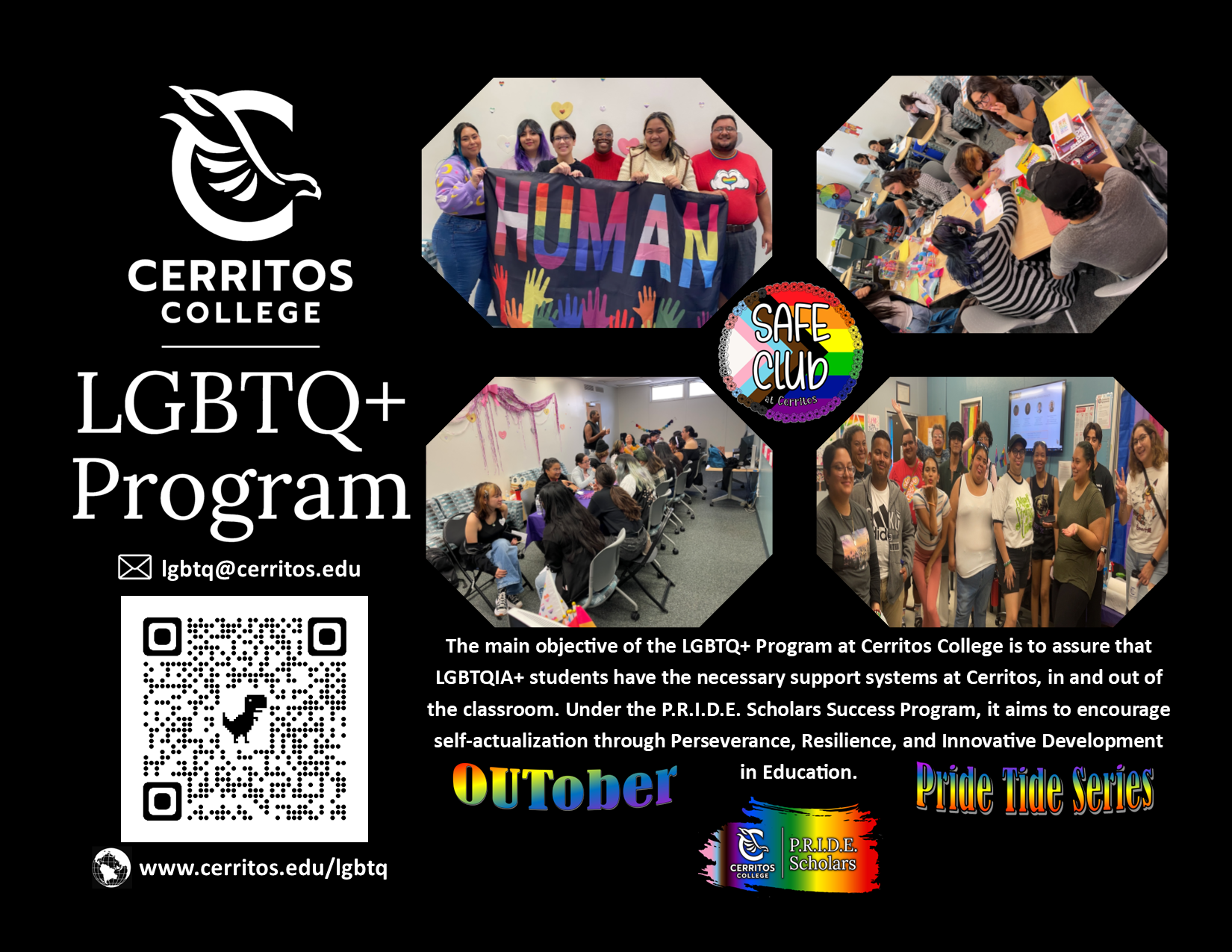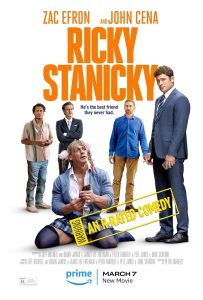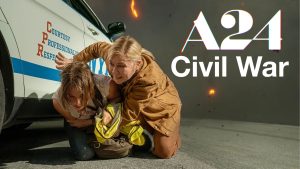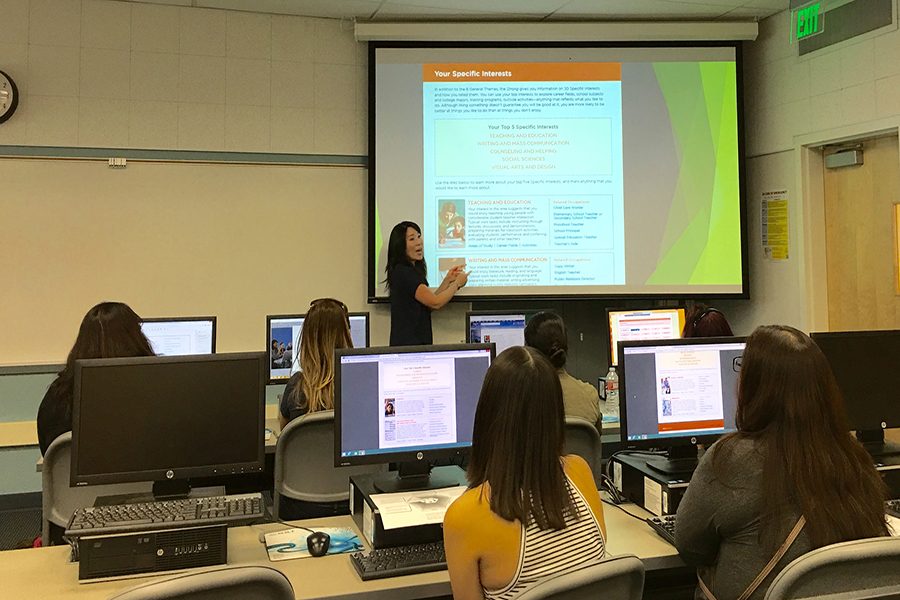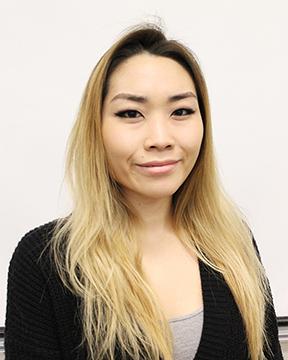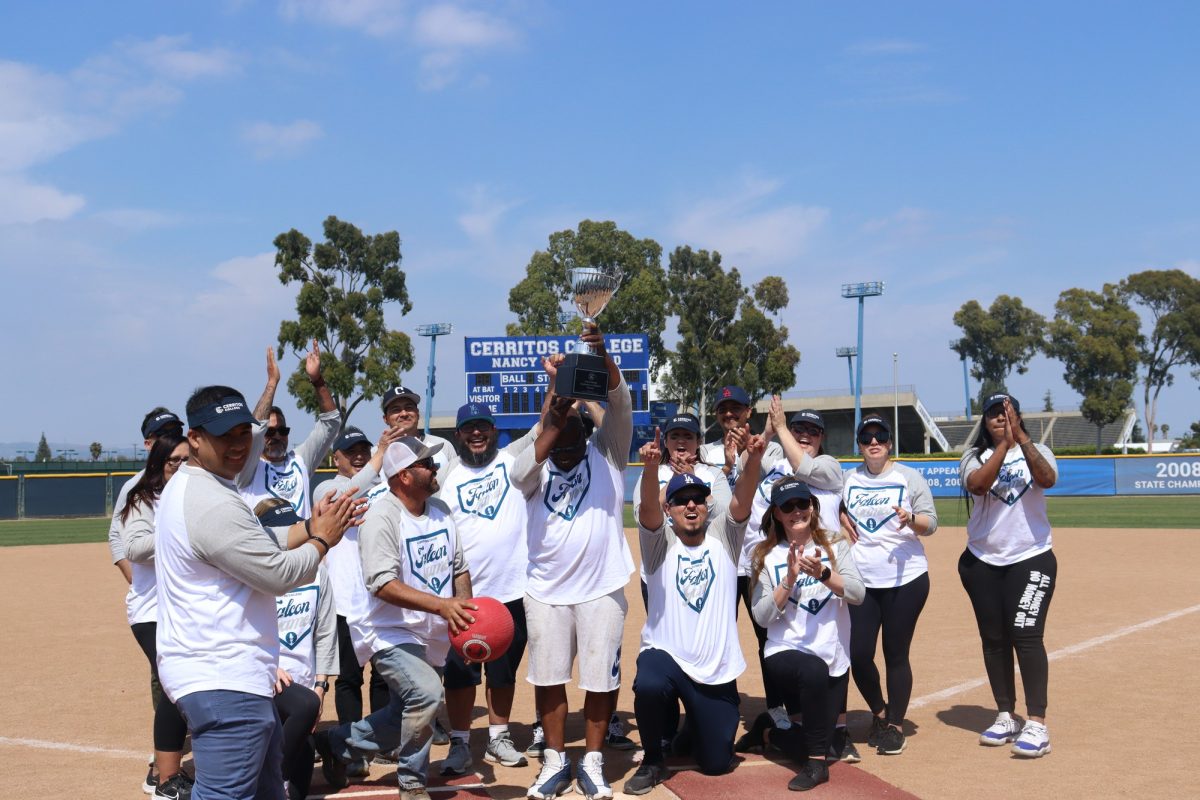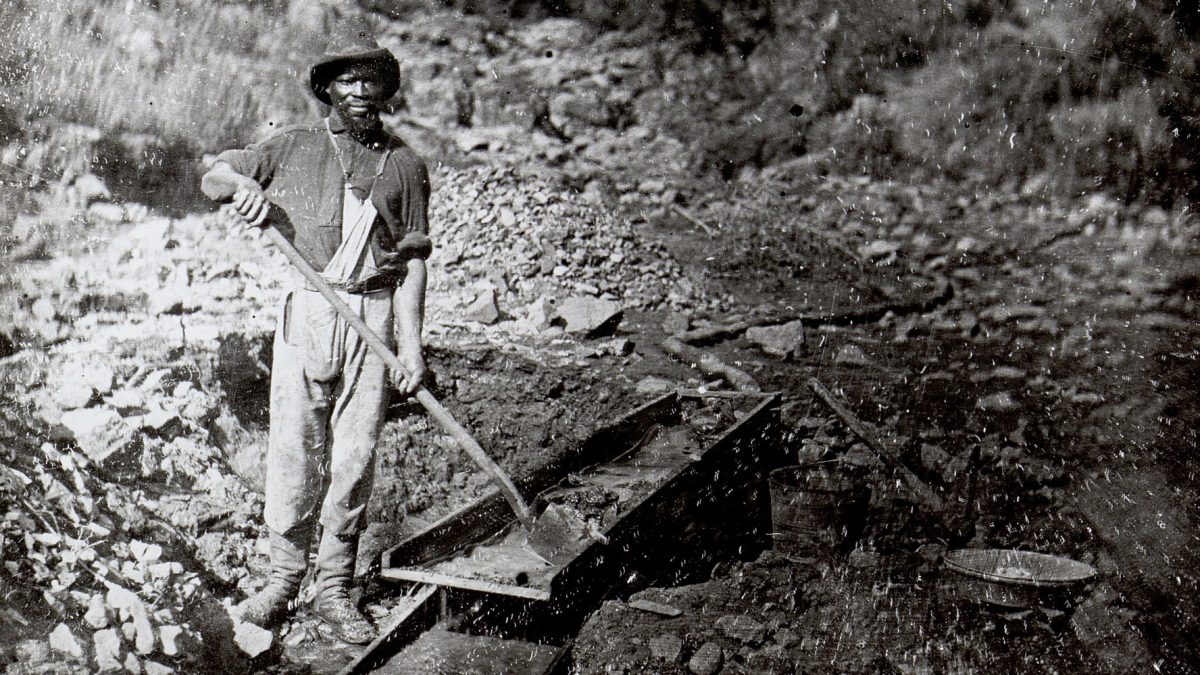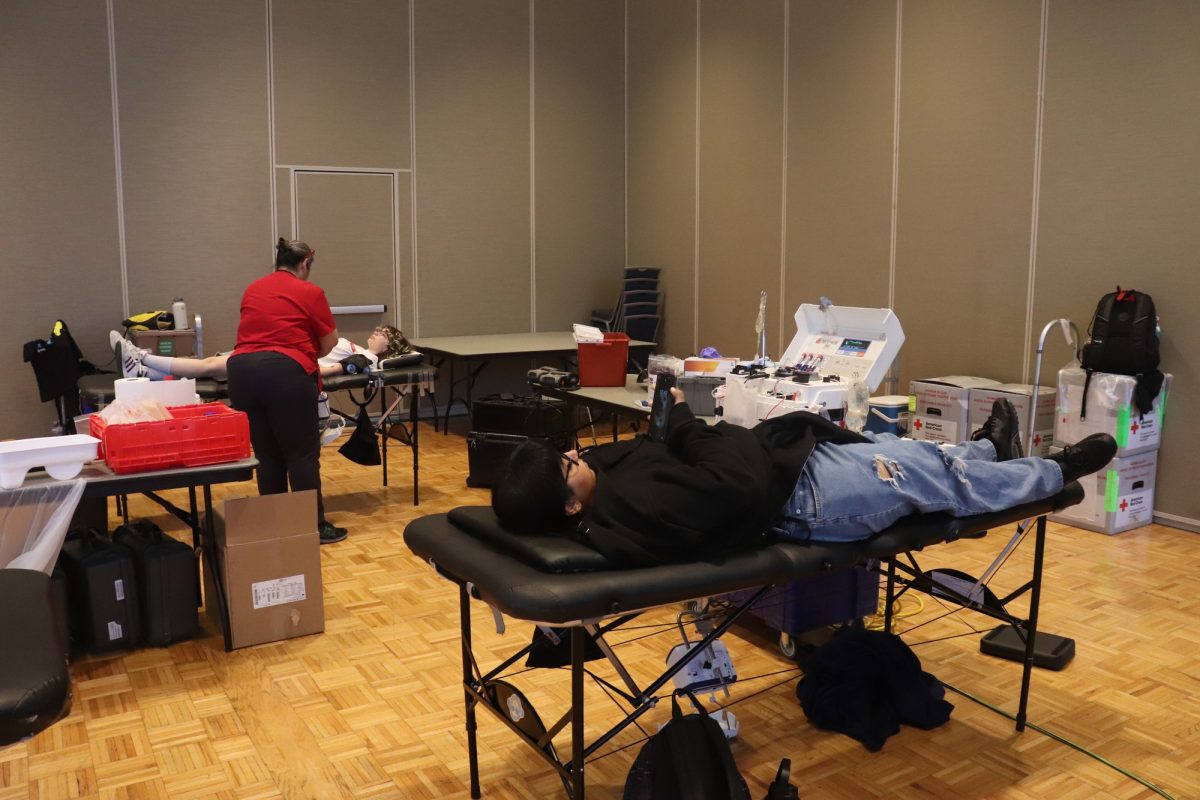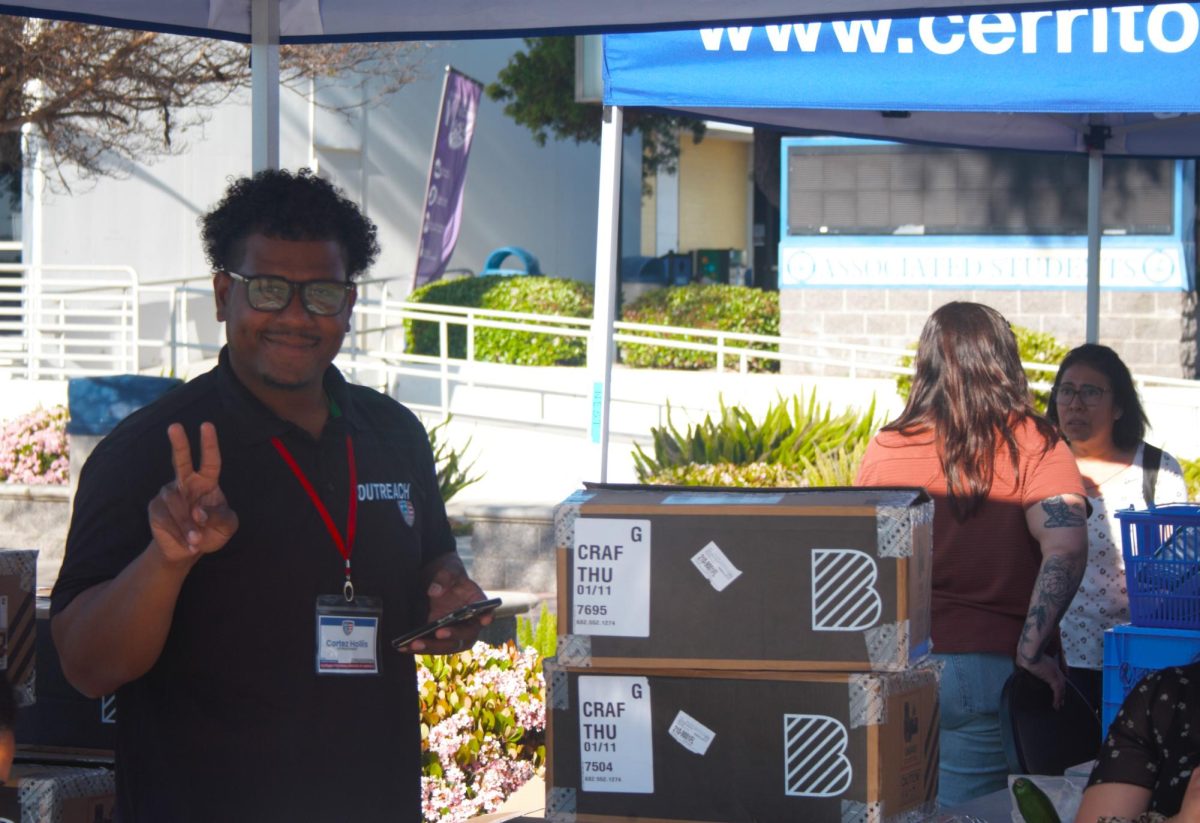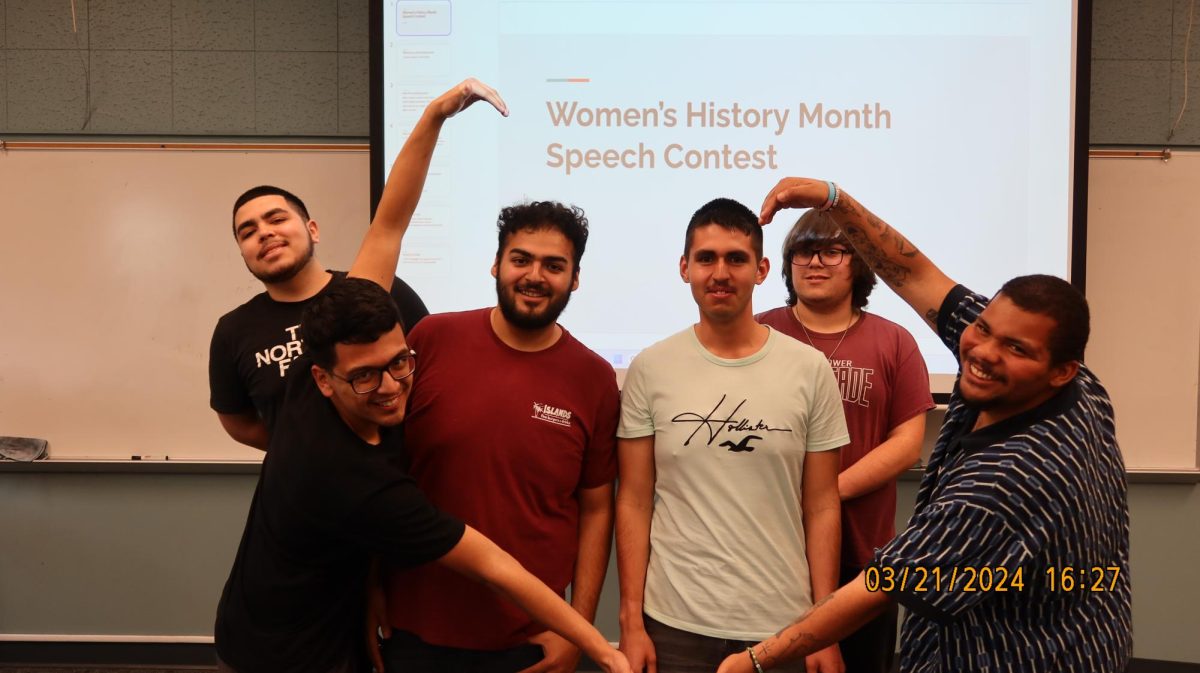A vital decision everyone must make in college is choosing a major.
Some people know exactly what they’ve wanted to do since they were little, others are still unsure, and some of us think we know what we want right until the last minute.
It’s okay, you are not alone.
“My purpose of attending this workshop is to have a clear mind of what kind of major I want to choose and listen to ideas.
I’m in the process of choosing another major; when i started here, I was a different major,” Christopher Cotto, undecided major said.
Most people end up working in areas not directly related to their major.
Some people choose a career path, get bored, and go back to school to switch majors to embark on a different concentration.
“I wish someone had told me that the concept that the choice of your major does not lock you into one particular career,” Traci Ukita Career Service Counselor expressed.
If you chose a major you decide to not go with it doesn’t necessarily mean you must go with it because it is all trial and error.
Most majors are non-career specific so they are preparing you for a wide range of career choice.
For example, if you’ve majored in sociology, it can prepare you to be in a career that deals with people and behaviors.
Other majors are career specific such as nursing, but you can also branch out.
For instance, instead of becoming a nurse, someone can teach nursing.
“Some work environments are not asking people to be specifically major in a field anymore,” stated Clara Ross Jones, Career Service Counselor.
Another example is the CEO of the Walt Disney Company, Michael Eisner who majored in English.
“This makes sense because he would need strong communication skills,” Jones said.
Places are now wanting to diversify their workforce so they are looking for people that studied different majors.
For instance, police departments are not only asking for criminal justice majors for their workforce.
This can result in an environment with people that have a variety of skills to create a stronger workforce.
Talking to people will get rid of misconceptions and thought about certain jobs.
“One of the majors I focused at in one point was English, but I thought the only career choice I had was to become a teacher.
I didn’t explore other options, so I let my misconception take me away from majoring in English,” Traci Ukita career counselor expressed.
When it comes to assessing yourself, you should look at interests, values, personality, skills, and experience to get in-tune with yourself and help you narrow down your choices.
Below are basic characteristics you can identify yourself with:
Realistic individuals often like to work with their hands, drawn to physical activity, and not want to be cooped up in an office. They have an independent streak.
Investigative individuals are thinkers with an independent streak that lets them focus on themselves. They tend to always pinpoint problems and understand things. They are curious, analytical, and usually drawn to natural sciences.
Artistic unconventional individuals like to work with ideas and concepts. They want to be able to share those creative ideas. They are imaginative and have strong appreciations of arts whether it is visual or performing and are always thinking of other ways to do things.
Social individuals are helpers, with a true sincere desire to help people. They like to work in groups. Their work has to do with serving people and they have a sense of appreciation to create/connect with people on a deeper level.
Enterprising individual types like to lead people and are risk-takers. The are persuaders that have pretty strong leadership capabilities. They are good with communicating. These people are interested in status occupations, something to do with power. Ideal jobs would be corporate business type environments.
Conventional types like to primarily work with data. They are organized people that tend to value being accurate honest, practical. They’re drawn to business/office type settings but not exactly in charge. Conventional people are known to just get their work done by paying close attention to details.
It is important to self evaluate yourself when it comes to finding an idea career, but if you want to take it further, there are many career assessment tests online, just Google: “career test”.

